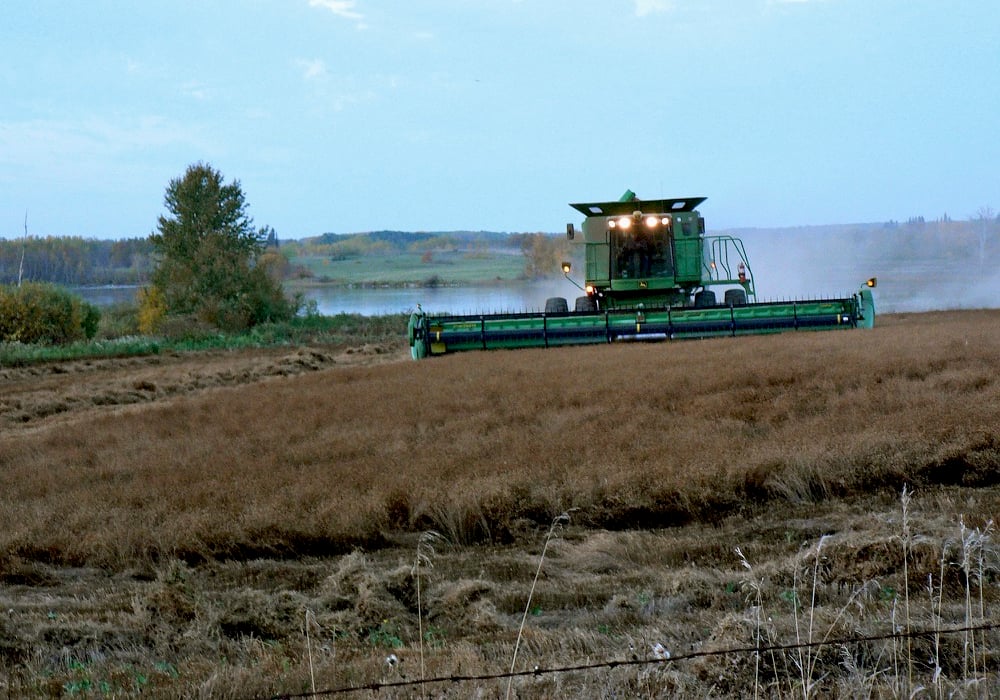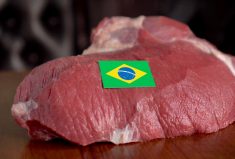Sao Paulo | Reuters –– Brazil’s grain industry association, Abiove, said on Monday the takeover of the main railway operator America Latina Logistica (ALL) by Rumo, the logistic arm of the biggest sugar and ethanol producer Cosan, could create a monopoly and hurt competition.
Cade, Brazil’s antitrust agency, is due to rule Wednesday on the takeover of ALL by Cosan. The two companies reached an agreement to merge in early 2014. The share price for ALL shot up 18 per cent over the past week on expectations the regulator would approve the deal.
Read Also

Most of Manitoba harvest wraps up for 2025
Manitoba Agriculture issued its final crop report of 2025, showing the overall provincewide harvest at 97 per cent complete as of Oct. 20. Nearly all major crops have finished combining, with 37 per cent of Manitoba’s sunflowers finished, plus 71 per cent of grain corn and small amounts of soybeans and potatoes left to do.
Abiove said grain traders fear that the merged company could boost freight rates and discriminate against competing grain and sugar traders by giving preference to its own sugar shipments or clients over those of its competitors.
“It is our biggest concern right now,” Carlo Lovatelli, president of Abiove, which includes multinational traders such as ADM, Bunge, Cargill and Louis Dreyfus.
Cade could order Rumo to sell assets or impose other restrictions on the merger to limit its monopoly on rail infrastructure between the center-west of the country and Santos, Brazil’s biggest port.
The big grain traders are not the only groups concerned over the merger. Brazil’s Aprosoja, which represents grain farmers, has spoken against it and rival sugar traders that operate in Santos are worried too.
“We really don’t have an alternative to this railway to Santos port. Very little is transported from the centre-west (grain areas) through the northern ports still. It will take decades to develop those routs,” said Abiove’s economic adviser, Daniel Amaral.
Brazil is in the early stages of harvesting a record 92 million-tonne soybean crop and a bumper corn crop as well.
Amaral said roughly 30 per cent of the price of a tonne of soybeans that reaches the port of Santos is freight costs and that many grain companies operate on thin profit margins.
“A small increase in freight costs could make some businesses inviable,” he said.
ALL’s railway is the only line that stretches nearly 1,600 km to link Brazil’s center-west grain belt to the port of Santos.
Rail transport accounts for 25 per cent of the soybeans and corn that arrive at Brazilian ports, with truck transport accounting for 70 per cent and river transport five per cent.
— Reporting for Reuters by Reese Ewing in Sao Paulo.















